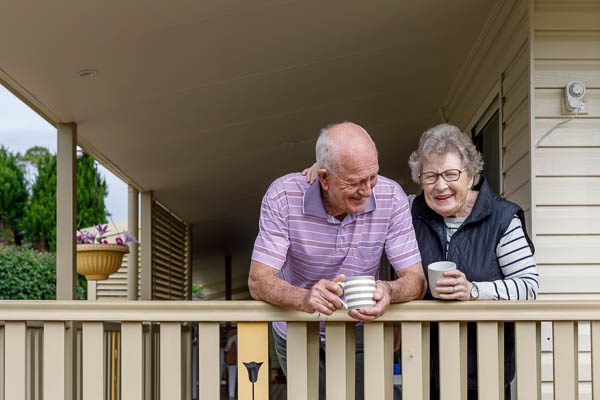
Losing the house – are there alternatives?
If you were to go into long-term residential care, do you fear that all your hard-earned assets will be used to pay for that care? Kannangara Thomson Partner Brent Selwyn fills us in on the alternatives.

Let’s get one thing clear. Senior care is expensive and it is asset and income tested. With an ageing population, coupled with low birth rates, there will be increasingly fewer tax payers compared to the number of people in care. For that reason alone, you should know that asset and income testing for senior residential care is here to stay.
When one of a couple goes into care, the family home is not at risk. The home is exempt as an asset for the purpose of asset testing if a spouse or dependent child lives in it. In addition, the family car and other assets to the value of $126,224 are exempt. Everything else must be used to pay for the care of the partner in long-term residential care.
Another problem for the partner left in the family home is that most of their partner’s pension will now go toward their care. The partner in the family home has to make do on one pension and a living-alone allowance.
When one of a couple dies, traditional property ownership sees the family home and all other jointly owned assets pass to the survivor by ‘survivorship’. If the survivor then goes into care, the problem is exponentially amplified because the family home is no longer exempt.
The survivor of a couple going into residential care in those circumstances is allowed exempt assets of $230,495 including the house and car. Their pension is nearly all used for their care also.
For most seniors, a trust is not the answer. Although gift duty has been abolished, the Ministry of Social Development still imposes an ‘allowable gift’ of $27,000 per application in each 12-month period. Anything above that will be clawed back into your assets and used for your care.
However, there is a possible partial solution for couples. It lies in how you own the family home. If you have your home ownership structured so that you each own a distinct share of it, you can then leave a different type of will, known as a ‘life interest will’ whereby instead of your partner inheriting the whole house, you leave them a life interest in your share of it when you die.
If the survivor then goes into care, they only need to declare among their assets the share of the property they own personally.
If that sounds like a possible solution to a problem for you or an older family member, call Brent Selwyn now on 03 377 4421 to book a no-obligation appointment to see if a simple change of ownership structure could protect your assets.




